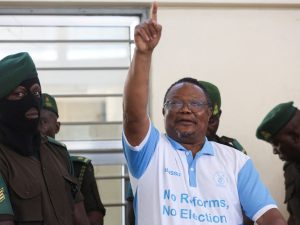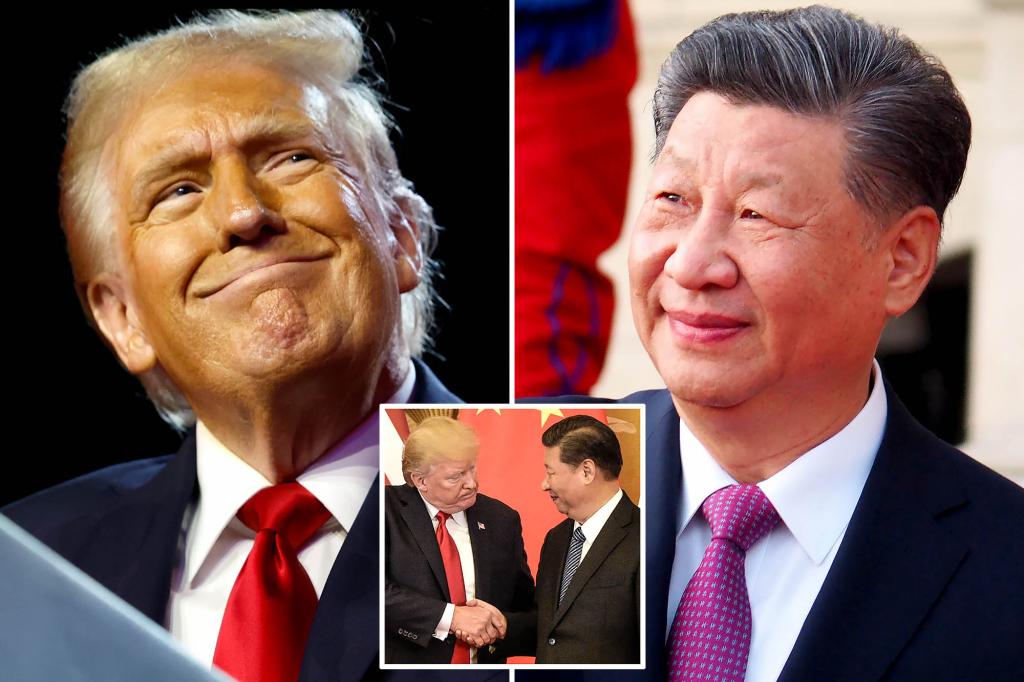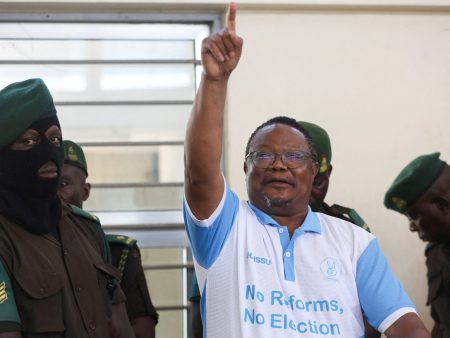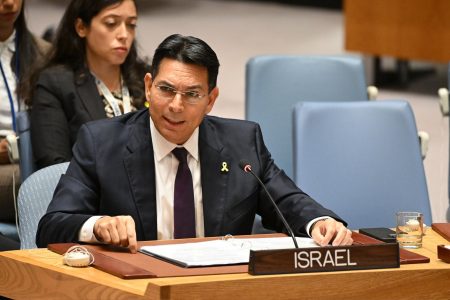The potential attendance of Chinese President Xi Jinping at Donald Trump’s upcoming inauguration has sparked significant speculation and intrigue. While unconfirmed by official sources, reports suggest that an invitation was extended to Xi shortly after Trump’s election victory. This unprecedented invitation, if accepted, would mark a historical first, as no foreign leader has ever attended a US presidential inauguration. The implications of such a visit are multifaceted, considering the complex and often strained relationship between the US and China. Xi’s presence could signal a potential shift in dynamics, offering a platform for high-level dialogue and possibly paving the way for future collaborations. However, it could also be interpreted as a symbolic gesture, with the true impact on US-China relations remaining to be seen.
The backdrop of this invitation is a complex tapestry of political and economic factors. Trump’s previous rhetoric and actions towards China, including threats of tariffs and the looming deadline for TikTok’s sale or ban in the US, add a layer of uncertainty to the situation. The invitation could be a strategic move by Trump to reset the relationship, offering an olive branch while maintaining a position of strength. Alternatively, it could be a calculated maneuver to exert pressure on China, using the high-profile event as leverage in ongoing negotiations. The potential implications for international trade, technological competition, and geopolitical stability are substantial, making Xi’s decision a pivotal moment in the evolving US-China dynamic.
Beyond the potential attendance of Xi Jinping, the inauguration is also attracting attention from other world leaders. Hungarian Prime Minister Viktor Orbán, a known associate of Trump, is reportedly considering attending, further underscoring the event’s potential to reshape international alliances. Orbán’s presence would further solidify the alignment between the two leaders, potentially signaling a strengthening of right-wing populism on the global stage. The convergence of these leaders at the inauguration could foreshadow shifts in international relations, potentially influencing trade agreements, security partnerships, and the overall balance of power in various regions.
Trump’s active engagement with world leaders in the lead-up to his inauguration underscores his focus on reasserting American influence on the global stage. His recent meetings with leaders from Canada, Argentina, France, Italy, Ukraine, and the UK demonstrate a proactive approach to international diplomacy. These meetings likely served as platforms for discussing bilateral relations, trade agreements, security concerns, and potentially forming strategic alliances. The diversity of leaders engaged with Trump suggests a concerted effort to rebuild and reshape international partnerships, laying the groundwork for his foreign policy agenda in the coming term.
The invitation extended to Xi, if accepted, would represent a significant departure from established protocol. Historically, foreign leaders have not attended US presidential inaugurations, reserving such visits for state visits or international summits. This break from tradition could signal a new era in diplomatic engagement, potentially opening doors for greater interaction between heads of state during these ceremonial occasions. However, it could also raise concerns about the potential politicization of the inauguration, blurring the lines between a domestic political event and an international diplomatic forum.
The speculation surrounding Xi’s potential attendance reflects the broader anticipation surrounding Trump’s return to the presidency. His transition team has emphasized that world leaders are eager to engage with him, anticipating his restoration of American strength and influence on the global stage. This perception of Trump’s leadership style, whether accurate or not, underscores his impact on international relations and the anticipation surrounding his upcoming term. The potential attendance of Xi and other world leaders at the inauguration further amplifies this narrative, setting the stage for a potentially transformative period in global politics.










